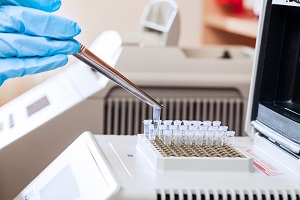A study-Biomedical Campus University of Rome has identified a possible new Alzheimer's origin. According to the study, at the base there would be the death of neurons that produce dopamine, the neurotransmitter of memory. The phenomenon could partly explain the progressive loss of memory, the main symptom of the disease.
Most of the research focused on the hippocampus. It is the area of the brain encodes new memories and, where necessary, recall old ones. The new study, however, examines the midbrain, located deep in the brain. Here there is an area called the ventral tegmental area, where there are the cells that produce dopamine. The disease cause the death of these cells, reducing the hippocampus dopamine intake. This would explain not only the loss of memory, but also their mood disorders of the disease.
The researchers analyzed the morphological and behavioral aspects of guinea pigs with the disease. In particular, they performed the counting of neurons as the disease progressed. At the same time, they evaluated the behavioral changes in mice. This identified a deficit in dopamine-producing neurons, and consequently, in the neurotransmitter levels.
To confirm the theory, the researchers administered an inhibitor of dopamine degradation of the guinea pigs. The mice thus treated recovered lost functions: they recovered the memory and also vitality. Nevertheless, it worked only in those in the early stages of the disease.
The Roman study is in contrast with the theory to more widespread now. According to this, Alzheimer's is linked to the accumulation of a protein produced in brain cells, beta amyloid. The Roman team, however, has shown that only 5% of cases are relatable to an alteration in the amyloid gene.
Source: corriere.it
Add a comment





